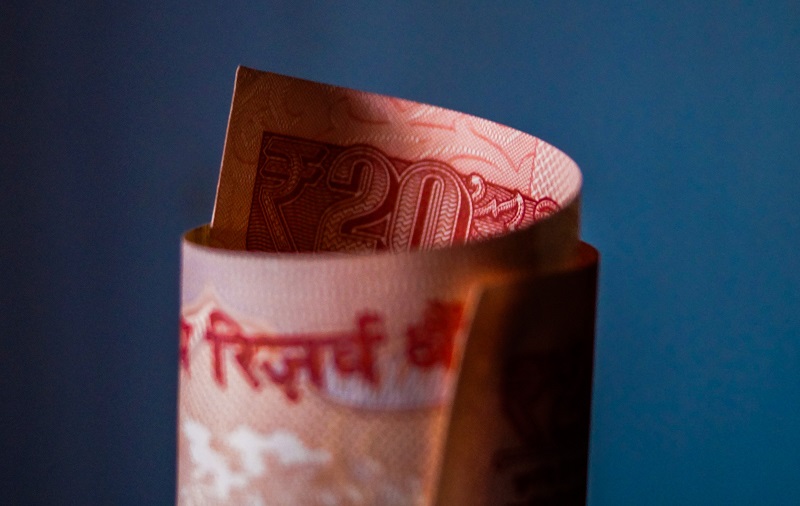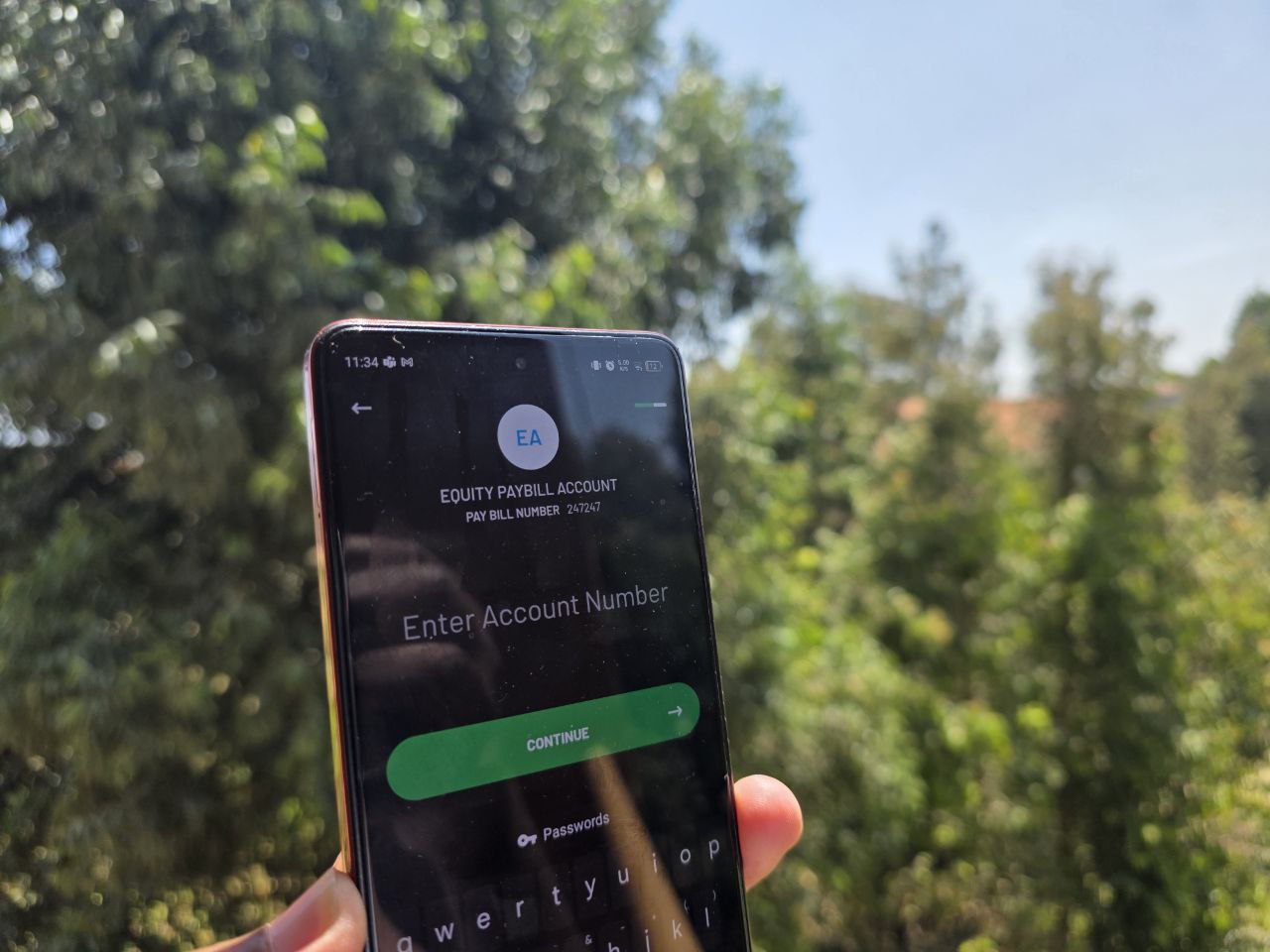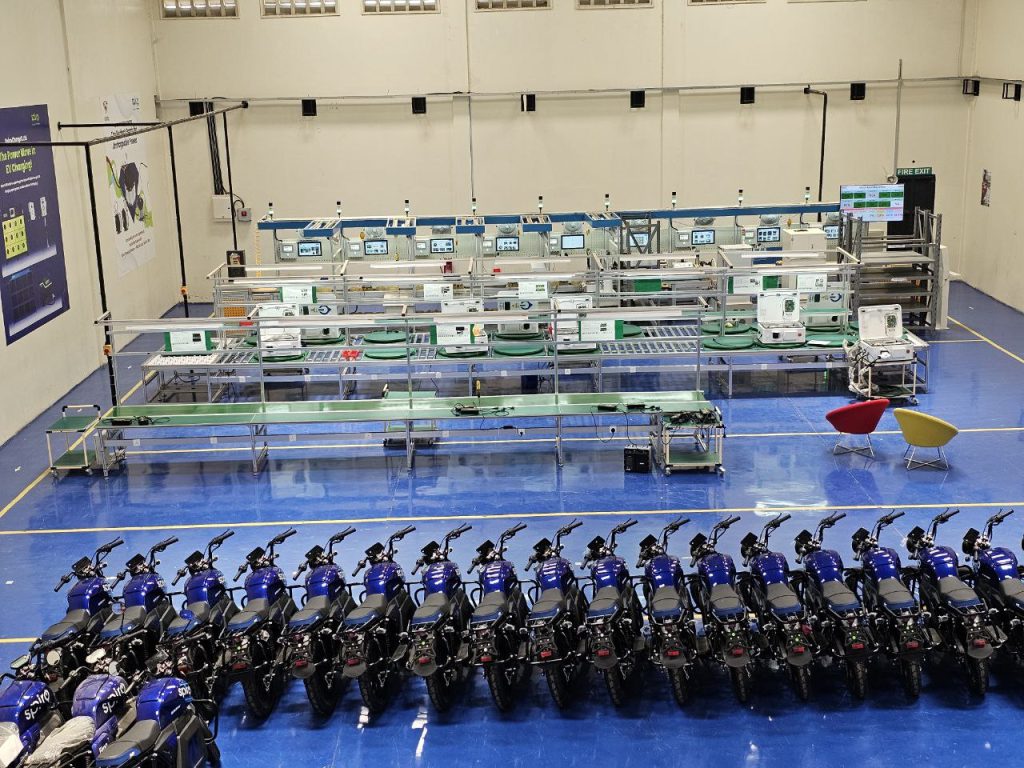I expect MTN to be the biggest loser in a post MNP environment…The biggest winner, I expect, will be Etisalat
Editor’s note: Editi wrote this article since February, but I believe his thoughts as at then are still very relevant to the current context of the mobile number portability conversation. — Bankole
So far this week, I have confirmed from three respectable sources that the Mobile Number Portability (MNP) project is gathering serious steam and should be going on stream in Q2 2013. It looks like Nigerian mobile subscribers will finally be able to get value for their money on their networks of choice, failing which they have an option of switching to other networks which actually offer value to them. It’s great news all around, considering that the Nigerian Telecommunications Commission (NCC) is finalising plans to begin communicating the expected changes as early as next week (first full week of February 2013, from what I have heard).
I expect MTN to be the biggest loser in a post MNP environment . Nigeria’s biggest mobile communication services provider has had abysmal performance in recent years, and the last couple of months has been almost like taking the mickey. With this expected loss of customers (my view of course), other providers will be making big gains feeding on MTN numbers. The biggest winner, I expect, will be Etisalat, the emerging darling of young mobile phone users, build mostly on their more than decent play in the handheld data offerings.
When Etisalat got into the market, they made a strategic gamble to pitch their tent with the youth market, and pushed services which sought to tie in young people to their networks. So far, that gamble has been paying off, and Etisalat’s numbers are growing. I have only recently switched my iPad to Etisalat, and now my iPhone is enjoying great data speeds from the 0809ja people. So apparently they got me too. I’m actually waiting for MNP so I can also switch my main number.
Despite my belief that MNP will be a win for Etisalat, they need to be wary of this growth, while enjoying the prospects of sudden jump in their subscriber base. Here’s why:
I recently did a story on the state of GTBank services. As a result of that story, I got to sit down with GTBank’s people to review a number of the issues that were identified in the blog. As I listened and looked around more, the bits of the story began coming together. It began to look obvious that GTBank was trying the best they could to scale up services to meet customer requirements, but they had been broadsided by unexpected growth in customer numbers.
Because GTBank became the brand the cool kids used, and every kid wanted to be cool, it was only a matter of time before all the kids went over to GTBank. The growth was expected, but not exactly in the numbers they came in. That is the primary explanation for the queues customers had recently been complaining about.
Of course GTBank has been working to fix services across channels, including the very popular online banking platform which had been having timeout problems. The E-Banking service, which allows customers to perform transactions without getting into a real banking hall, I think is a great product. There is a bit more road to cover, in order to get back the A-grade services the brand started with, although one hopes they get there soon.
So how does this tie up with Etisalat?
The parallels between GTBank and Etisalat may not be very striking, but many points stick out. GTBank introduced itself as a cool, hip brand, attractive to a young and mobile generation, based on a foundation of great service and modern technology. Etisalat is doing mostly same. Their services have been stellar since they opened shop, and they are winning a lot of hearts with their internet services. This explains my thinking that they will get an explosion of new customers, migrating to their platform, which could muddy their stellar services if they do not take a few lessons learned by GTBank to heart.
Whatever changes they have to make should target 10 – 20% rise in capacity; it should be done and needs to be done now. The network capacity needs expansion, customer service unit needs upgrade and training to expect higher request volumes, and service strategy should be updated to cater seamlessly to people who were used to a different carrier. For example, I’ve been looking around for a welcome centre on my SIM applications menu to show me all the fancy shortcuts to do service requests with, and there’s none. Well, there should be one. Migrating to a new network is difficult enough a decision, the service should not be difficult to get used to after the fact.
More importantly, however well Etisalat prepares for the expected influx of new customers, something will go wrong. It’s Murphy’s Law. When that happens, their technical teams need to be ready. While they try to fix the problems, their PR people should respond to hiccups in ways that will make their customers proud. They need to.
At this point, I would say I may be wrong. The big winner may be some other network. But whichever network it is, they should probably look up at GTBank and learn how to deal with a post surge environment, cut out the missteps, and build on the genius.
Whatever happens in the post MNP climate, true competition is coming to the mobile telephony ecosystem, and the ultimate winners are consumers.
[image via Flickr/Andreh Lih]
Editi runs Anakle, and is interested in technology, education and big, interesting things. Follow him on Twitter here.
















